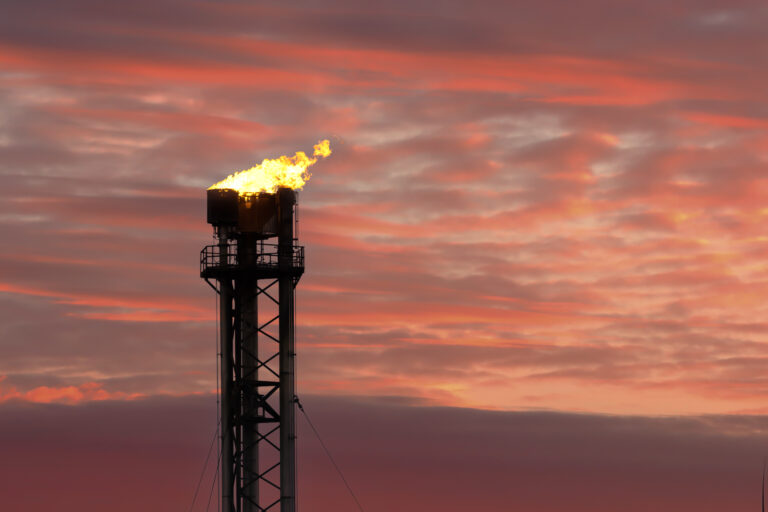Waterkeeper Alliance Applauds EPA’s Final Rule to Cut Methane Pollution, Calls for Stronger Climate Action
By: Waterkeeper Alliance

Today, the U.S. Environmental Protection Agency (EPA) released a final rule to cut methane pollution from existing oil and gas sources — a positive climate action taken by the U.S. during COP28 UAE in Dubai. Curbing methane pollution is critical to the Biden administration’s commitment to reducing U.S. greenhouse gas emissions and keeping the 1.5℃ warming limit within reach to avert potentially devastating and irreversible impacts of global climate change.
The global warming limit is increasingly at risk as the climate is rapidly approaching a dangerous tipping point. This rule comes on the heels of the recently released Fifth National Climate Assessment that shows the U.S. is far from being on track to meet national and international emissions targets. Without immediate action to significantly reduce U.S. fossil fuel emissions, unchecked global temperature rises will continue to place a heavy strain on national and global water supplies, disrupt water cycles around the world, and threaten the health and security of local communities who depend on them.
In response, Marc Yaggi, CEO of Waterkeeper Alliance released the following statement:
“This new rule takes aim at the oil and gas industry’s methane pollution that has been driving climate change at an increasing pace, intensifying drought conditions, wildfires, and floods, and disproportionately harming communities of color, our waterways, and the planet. As the latest National Climate Assessment makes unequivocally clear, we need stronger climate action, now. The safeguards put in place by this rule have the potential to significantly strengthen controls over methane pollution as we progress away from fossil fuels toward a clean and more just energy future.”
Waterkeeper Alliance and an international delegation, including Waterkeepers Bahamas, Waterkeepers Bangladesh, and Hann Baykeeper and Bargny Coast Waterkeeper (Sénégal), are at COP28 to call on world leaders to commit to a phase out of fossil fuels; endorse the Fossil Fuel Non-Proliferation Treaty; take steps to reduce emissions; and invest in climate resiliency and adaptation, particularly in communities at the highest risk of experiencing harmful impacts of ongoing climate change.
A related side event, “Credible Climate Leaders or Climate Action Blockers? Examining the Role of the Fossil Fuel Industry,” is scheduled for Sunday, 10 December at 13:15-14:45 (GMT+4) in SE Room 5. A publicly accessible livestream will be available here.